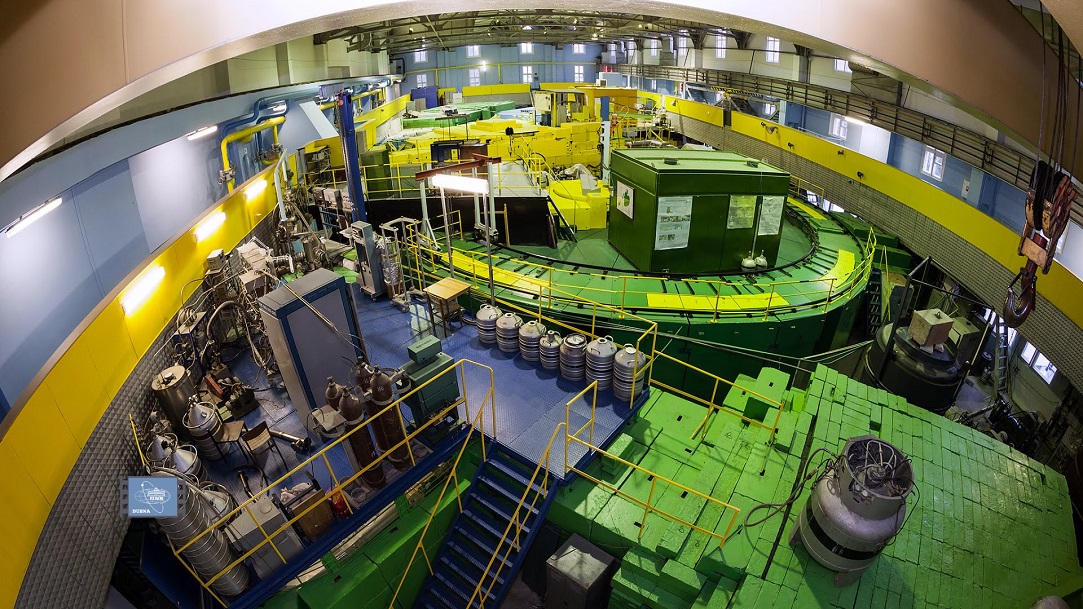HSE and Joint Institute for Nuclear Research Sign Cooperation Agreement
The HSE Faculty of Physics and the Joint Institute for Nuclear Research (JINR) have reached an agreement on a joint partnership. From the beginning of the next academic year, students from the faculty will be able to carry out internships at the institute’s various research laboratories.

The Joint Institute for Nuclear Research is an international and intergovernmental organisation, as well as a world-renowned research centre that brings together basic theoretical and experimental research with the development and application of some of the newest technologies.
There are currently 18 member states within the institute. The research policy of JINR is determined by the Scientific Council, which consists of well-known scientists from Europe, China, the U.S., and the European Organization for Nuclear Research (CERN).
Working with JINR is an excellent opportunity for us to make students’ research ideas a reality, particularly for those interested in high energy physics.
JINR has seven laboratories, and the institute possesses a remarkable selection of experimental facilities for physics. This includes the only superconducting accelerator of nuclei and heavy ions in Europe and Asia – the Nuclotron; heavy ion cyclotrons U-400 and U-400M with record beam parameters for experiments on the synthesis of heavy and exotic ions; a unique neutron pulsed reactor IBR-2 used for research in neutron nuclear physics and condensed matter physics; a proton accelerator – the Phasotron, which is used for ray therapy; and more.
The main areas of theoretical and experimental research at JINR are particle physics, nuclear physics, and condensed matter physics.
‘This agreement is critical for us,’ notes Sergey Zavarin, who is responsible for HSE’s side of the joint agreement. ‘Currently, talks are underway about the possibility of students from the faculty interning in the institute’s laboratories, and I also hope that together with our colleagues, we will be able to carry out a number of research and educational events during the next academic year.’
Sergey Zavarin
See also:
HSE Researchers Receive a Grant to Search for New Physics
A team of researchers from the HSE Laboratory of Methods for Big Data Analysis (LAMBDA) has won a contest held by the Presidential Research Funding Programme. Researchers with the laboratory are developing a system of algorithms that will help physicists look for new particles in the Large Hadron Collider.



Sergey Zavarin
Deputy Dean of the Faculty of Physics